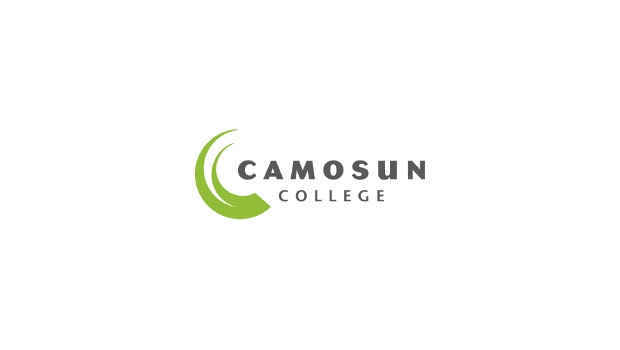A very important part of the logistical coordination for the SR event is effective communication between all organizing levels: Site Chair, Student Chair, Executive Committee, Departmental Representatives, and all sub- committees. Communication between the different organizing levels should be facilitated by the Student Chair, and is perhaps their most important role. The Student Chair must ensure that all required information and resources are shared and efficiently distributed. A central and web-based document sharing model can be very useful tool for establishing open communication between all levels.
It will be important to establish good communication and information practices in the early stages of your event organization. The Student Chair may choose to dedicate a full day at the beginning of the academic year to an “Executive Committee Retreat” that will establish the overall event plan, set milestones, and timelines for the event organizing process, develop a working budget and determine funding requirements. This early initiative will set an information sharing precedent that will carry through the entirety of your organizing efforts. It is important that all of the Executive and sub-Committee members understand the vision behind the SR initiative, and your site’s specific involvement.
It is especially important that the Logistics sub-Committee, Volunteer Coordinator, and Internal/Departmental Coordinator are aware of the resource and logistical needs of the participating departments – the Departmental Requisition form is extremely useful in attaining and distributing this information effectively.
- Street closures: If you are planning to have an outdoor event that will require street closures it is important to speak with the appropriate city offices in your area as early as possible to determine what documents and materials they require – every city is different, some require detailed maps of the event, or information on the numbers tents and canopies, event specific insurance, whether there will be street venders, and/or estimated pedestrian traffic along the street). Get in touch with your city’s permit offices in the early stages of your event planning timeline.
- Volunteer training and departmental meetings: Rooms and refreshments should be arranged for All Department Meetings, and volunteer training sessions in advance. Meetings and training may require coordination by several sub-Committees, depending on the nature of the meeting.
- IT Requirements: What do you need to properly advertise and run your event including print, radio, TV and online ads at the local level? This also includes website creation/maintenance, and other web-based content (including committee member email accounts, and volunteer recruitment/coordination). Ideally every committee member will have access to a generic email addresses dedicated to SR communications (i.e. internal@uoftsciencerendezvous.ca or chair@york.sciencerendezvous.ca). Designated e-mail accounts increase ease of information transfer between years and organizing committees, as well as providing consistent contact information to the public. Personal email addresses should be avoided whenever possible as the information housed here is not easily contained, or transferred between organizing years.
- Other Resources: Take advantage of the resources available at your institution, and any in-kind contributions provided (this includes institution faculty and staff such as administrative, communications, IT, management, financial and human resources staff). Try to use what is already there to the best of
your ability.



























